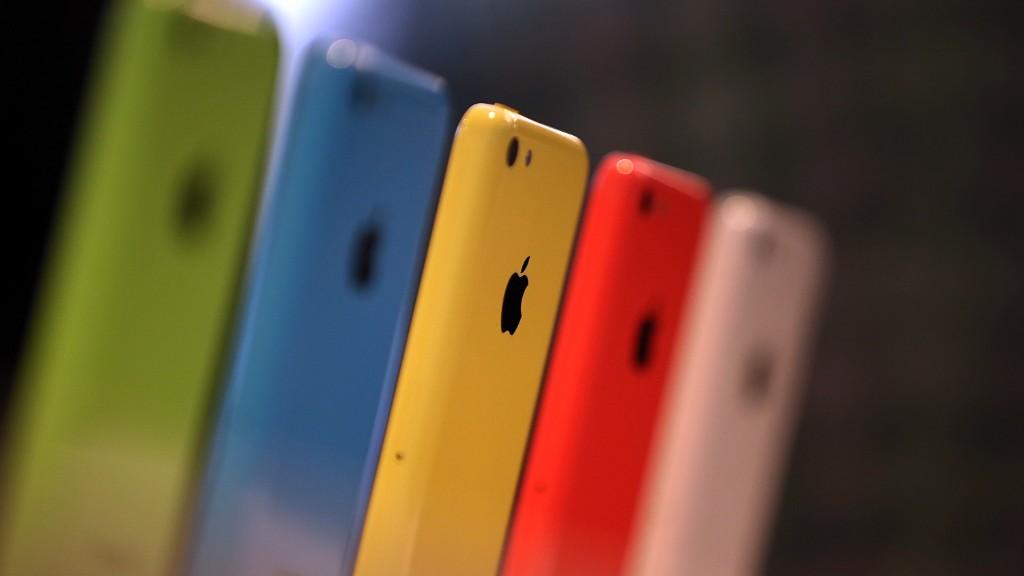
The U.S. Department of Justice has asked a judge to intervene and force Apple to unlock an iPhone belonging to a New York drug dealer, the latest in a series of legal skirmishes over data security.
Federal magistrate-judge James Orenstein ruled last week that he can't force Apple to hack the dealer's iPhone, saying the All Writs Act, passed in 1789, doesn't grant him the authority to order Apple into compliance.
Prosecutors are now asking a federal judge to revisit Orenstein's decision. "This case in no way upends the balance between privacy and security," they told U.S. District Judge Margo Brodie.
Related: Judge sides with Apple over feds in New York
The New York case is part of a broader set of legal challenges over data stored on iPhones. Apple's lawyers are also defending the company against an FBI request to unlock the smartphone used by Syed Farook, who helped kill 14 people during the San Bernardino terror attack.
Apple's lawyers argue that the government's demands would ultimately make iPhones less safe. If the company creates a "back door" for law enforcement, it might also fall into the hands of criminals and other bad actors.
The cases are being closely watched because they pit the federal government against the richest tech company on the globe. They also raise questions about the legality of forcing tech companies to help in hunting down criminals.
Related: DOJ says Apple has routinely helped law enforcement
The New York case involves an accused methamphetamine dealer, Jun Feng, who was arrested in 2014 and cut a plea deal with prosecutors. Last year, the Drug Enforcement Agency got a search warrant to look through Feng's iPhone 5C to track down his fellow drug dealers and customers. But the device is running the iOS 7, and agents couldn't crack the passcode to see the data inside.
Apple (AAPL) said in a statement that it agreed with Orenstein's original ruling in the case.
"We share the Judge's concern that misuse of the All Writs Act would start us down a slippery slope that threatens everyone's safety and privacy," Apple said.
-- Jose Pagliery contributed reporting.

